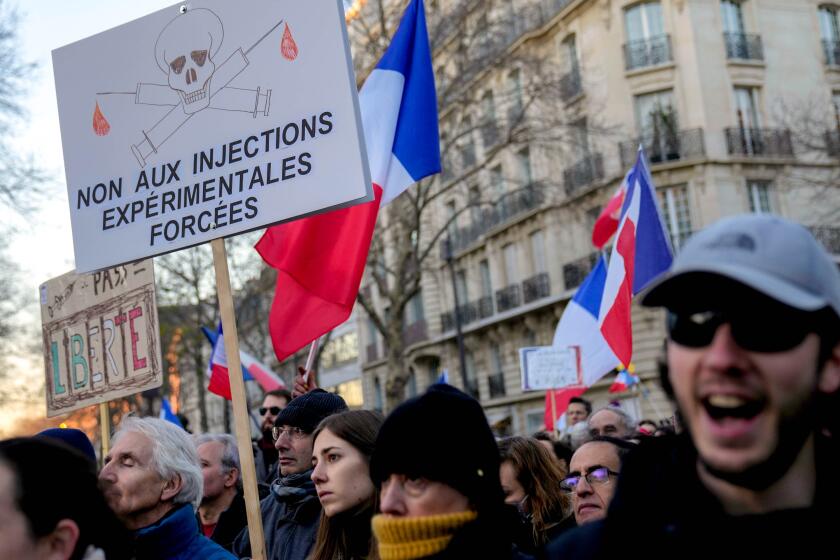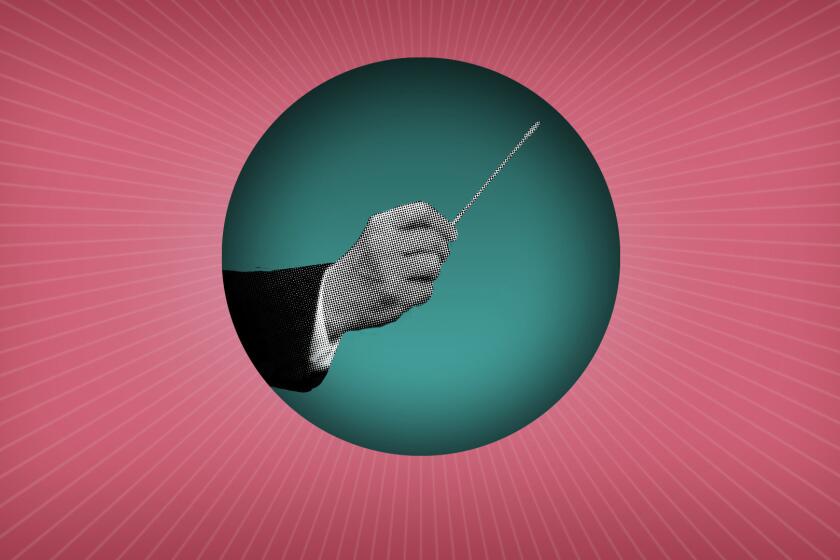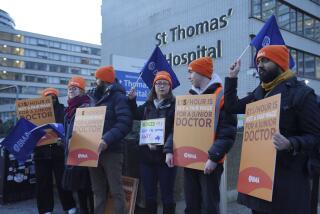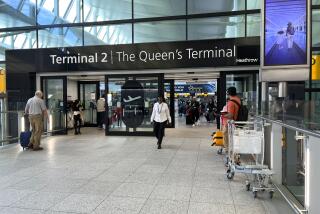British military steps in to help strained London hospitals amid Omicron surge
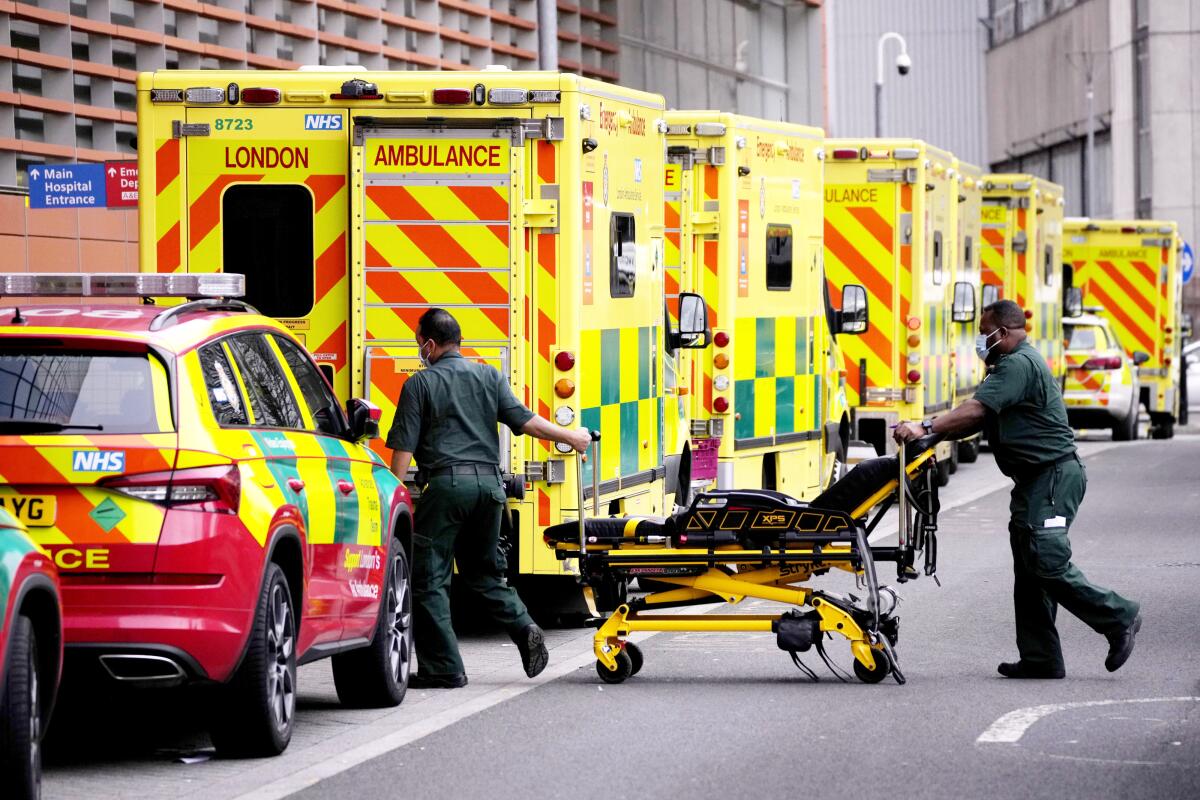
- Share via
LONDON — British troops were deployed Friday to hospitals in London that are struggling to cope with “exceptional” staff shortages amid the surge in COVID-19 cases fueled by the Omicron variant.
The Ministry of Defense said it was sending about 40 military medics and 160 general duty staff to help fill in for National Health Service personnel who are either ill or self-isolating amid the spike in coronavirus cases in the British capital.
Prime Minister Boris Johnson said earlier this week that he hoped the country can “ride out” the pandemic without further restrictions, even as he warned that the country faces difficult days ahead caused by the highly transmissible Omicron variant.
The military deployment underscores the impact of the pandemic on Britain’s health service. Nearly 180,000 new coronavirus infections were logged in Britain on Thursday, forcing many workers to stay home.
“The men and women of our armed forces are once again stepping up to support their dedicated colleagues in the NHS as they work hand-in-hand to protect the nation from COVID-19,” Defense Secretary Ben Wallace said.
“They have shown their worth time and again throughout this pandemic, whether driving ambulances, administering vaccines or supporting patients in hospital, and they should be proud of their contribution to this truly national effort,” he added.
From mandating COVID-19 shots for everyone over 50 to excluding the uninoculated from more venues, European countries get tougher on the unvaccinated.
Health service leaders said the military deployment highlighted how the country is battling to stay on top of the pandemic.
Chaand Nagpaul, council chairman of the British Medical Assn., told Sky News that “we have never known this level of staff absence before.”
He said the health service faces pressure every winter, “but I don’t think anyone who’s worked in the NHS has experienced this level of absence of their colleagues, and we’re feeling it in very real time because doctors and nurses and healthcare workers are having to cover for their absent colleagues. That’s adding additional, exceptional strain.”
Across England, hospitals are declaring “critical incidents” because of staff shortages and postponing planned surgeries.
Symptoms of common colds, the flu and COVID-19 can overlap, so experts say testing is the best way to determine which of those you have.
“This is not normal, and therefore, the government does need to recognize this is clearly an NHS under extreme pressure,” Nagpaul said.
While the current military focus is on London, it could spread to other parts of the country.
Air Commodore John Lyle told the BBC that the military remains in discussion about further support for the NHS.
“We can’t really forecast too far ahead, but certainly, throughout this current surge, we know that it’s particularly difficult in London at the minute. But we are aware that this is impacting all across the United Kingdom,” he said.
Nagpaul urged action to bring down infections and better protect health staff against the Omicron variant, saying it was important that “the government doesn’t just wait to ride this out, because every day people are suffering.”
More to Read
Sign up for Essential California
The most important California stories and recommendations in your inbox every morning.
You may occasionally receive promotional content from the Los Angeles Times.
